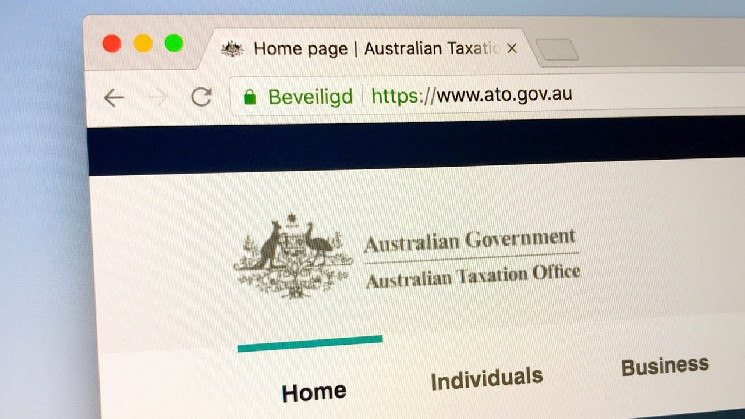The Australian Treasury seeks feedback on adopting OECD crypto asset reporting model
Tackling Cryptocurrency-Linked Tax Evasion
The Australian Treasury has opened up a public consultation to gather feedback on the potential implementation of the Crypto Asset Reporting Framework (CARF), developed by the Organization for Economic Cooperation and Development (OECD). The Treasury believes that integrating CARF into the country’s tax system would play a crucial role in enhancing tax transparency.
The consultation paper, released on November 21, delves into the policy considerations of adopting the OECD model and aims to establish an implementation timeline that minimizes compliance costs. The exponential growth of cryptocurrency markets has posed challenges for governments worldwide in combating tax evasion and avoidance.
In response to this challenge, the OECD devised CARF, which aims to standardize the reporting of crypto-related information to boost international tax transparency. By implementing this framework, OECD countries can better monitor and tax cryptocurrency activities, ultimately reducing opportunities for tax evasion.
CARF will mandate crypto intermediaries, such as exchanges and wallet providers, to report specific cryptocurrency transactions to tax authorities, including details on buying and selling of crypto assets. According to the consultation paper, Australia plans to kick off CARF reporting by 2026.
“Pending final government approval, the commencement of CARF reporting is slated for 2026, with the aim of facilitating exchanges between the Australian Taxation Office (ATO) and other tax authorities by 2027. This timeline allows ample time for crypto asset service providers and intermediaries to update their systems,” stated the Aussie Treasury.
The ATO is expected to engage with the public to determine the specific reporting format for crypto asset transactions, likely utilizing an XML schema.
However, implementing CARF will necessitate amendments to Australia’s tax legislation and modifications to existing Common Reporting Standard (CRS) rules, as highlighted in the consultation paper.

